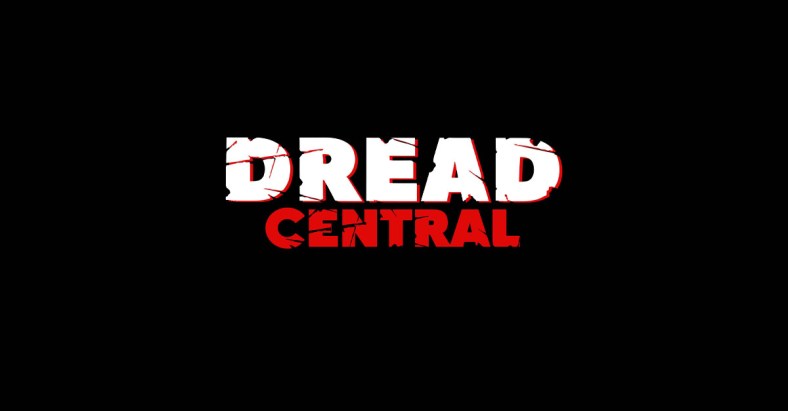Fantastic Fest 2019: SCREAM, QUEEN! MY NIGHTMARE ON ELM STREET Review – Rips Your Heart Out

Starring Mark Patton, Cecil Baldwin, Marshall Bell
Directed by Roman Chimienti, Tyler Jensen
Some of the best documentaries take a modest situation and extend it into it’s larger cultural implications. Contextually embroidered within a tapestry that includes the AIDS epidemic of the 1980s and the cinematic image of the leading man, Scream, Queen! My Nightmare On Elm Street balances the micro and the macro with ease and heart. Starring and surrounding Mark Patton, the film chronicles the ripple effect radiating from Nightmare On Elm Street 2: Freddy’s Revenge, also dubbed by Buzzfeed as “the gayest horror film ever made.”
The 1985 sequel got a mixed reception upon release. While Freddy’s Revenge established Freddy Krueger as the slasher icon with the biggest mouth and the most star power, many fans and critics alike found the follow-up to be a pale imitation of the original. In recent years, the film has enjoyed a critical rebirth as fans have found and endeared themselves to the queer subtext laced throughout its narrative. Not only are there sequences in a gay S&M bar and a shower (in which a nude gym teacher is towel-whipped), but protagonist Jesse (played by Patton) shines as the teenage male equivalent of the horror genre staple: the “final girl.”
From his childhood to theater work in New York to Hollywood, the documentary follows Mark Patton not just as he relates to Nightmare On Elm Street 2, but as he relates to his iconic status within the LGBT community as well. Tongue-in-cheek, he explains how a simple internet search of his own name and the film title has become a litmus test for the cultural response to what he represents in the film: a journey that begins with hateful slurs and ends with optimism and activism. The journey includes behind-the-scenes footage on the set of Jack Sholder’s Freddy sequel juxtaposed with the final product we see and celebrate on-screen, with Patton’s commentary on his experiences on and after filming. Most tragically, the commentary includes the impact that reverberated from screenwriter David Chaskin’s denials that there was any intentional homoerotic subtext. These denials were often wrapped up in attacks towards Patton’s performance, which he claimed “stripped” the subtext of its original meaning. He’s since pulled a 180 on that stance, but Scream, Queen! captures Patton’s pained attempts to confront those demons and find closure on one toxic source in his life.
Those who want politics to be segregated from their movies would have a hard time with the thread co-directors Roman Chimienti and Tyler Jensen draw from the homophobic culture of Patton’s era to images of the hate-spewing Phelps clan today, but it’s a necessary and relevant thread. Scream, Queen! is not just a film about a film, it captures a culture; all culture-driven cinema is inherently political. By illuminating Patton’s pocket of the American experience as a gay, marginalized citizen, the documentary closes the empathy gap. A viewer who might never know otherwise would, upon seeing Mark Patton attest to it, gain access to a struggle that they can identify and work to prevent in the future. The film that achieves this is beautifully dynamic, even in tragedy.
As the largest question surrounding Freddy’s Revenge for years was, “Whatever happened to that guy?” much of Scream, Queen! is explanatory: where Patton went, why he went, why he chose to stay out of the spotlight, and what brought him back. Woven into a bigger narrative, the result is part horror doc, part testimony, and part warning. “My generation is gone,” says Patton. “I have no friends my age. I want people to know their history. I want them to at least hear from somebody that the way the world is now…it wasn’t this way five minutes ago.”
Watch and bear witness.
-
Scream, Queen! My Nightmare On Elm Street
Summary
Scream, Queen! is a practice in catharsis, processing one gay man’s trauma and incorporating it into the bigger cultural picture, documenting a whispered chapter in American genre cinema. Mark Patton’s story is both heartbreaking and uplifting.
Categorized:Reviews


